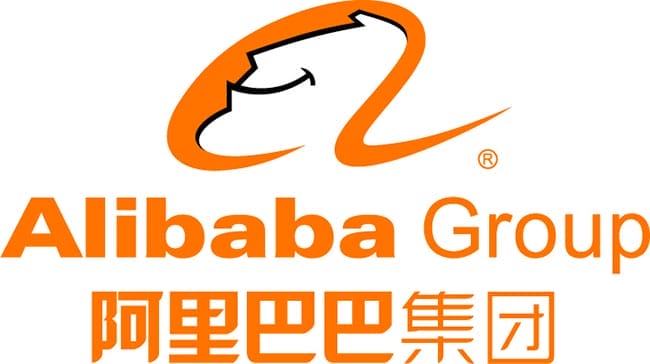Editor’s note: Mr. Glotz is a hypothetical investor invented by Berkshire Hathaway Vice Chairman Charles T. Munger to help gauge whether a high-profile company is worth its debut hype. In the hypothetical scenario, Mr. Glotz offers $2 million to fund a new business that would be worth $2 trillion in 150 years—in other words, 1-million-fold growth. Could you pitch Alibaba to Mr. Glotz? Our regular contributor Peter Cohan does not think so, for the following five reasons:
1.It lacks global appeal.
To be sure, Alibaba, China’s biggest online commerce company, has a huge appeal in China. And while that is a very large and rapidly growing market, it is not the entire world. Alibaba could use the proceeds from its initial public offering to help it expand globally—but Mr. Glotz might ask skeptical questions about whether it is really possible for Alibaba to create a more compelling appeal to American—and other countries’ consumers—than Amazon and its other domestic rivals.
2. Its business model is not hard to copy outside China.
Alibaba’s business model may be difficult for rivals to replicate in China. It is hard to tell how much of its success is due to its strong relationships with government officials there. However, now that it accounts for such a huge share of China’s e-commerce market, its scale and connections could make it hard to copy in China.
However, Alibaba’s basic e-commerce platform does not appear to be that difficult for rivals to replicate. And in markets where government connections are not so important, others may be able to copy what it does.
3. Its appeal to consumers taps strong—but not elemental—forces.

Jack Ma, Executive Chairman, Alibaba
People do like to buy things and to search for the best deals. If they can do that through an online service like the various ones that Alibaba hosts, they are happy to do it. And lots of people have done so on its site.
In fact, Alibaba’s active users are buying more. In 2013, the average customer on its three retail sites placed 49 orders—up sharply from an average 39 orders in 2012 and 33 orders in 2011. This progress is impressive—but how long is it sustainable?
Mr. Glotz might ask questions that would be tough for Alibaba to answer—such as whether those users will get hooked the first time and keep coming back to buy there for the rest of their lives.
This seems to be a feature of Coca-Cola Co.’s products that Alibaba could share—but Alibaba would need to keep updating what it sells and improving its channels to reach buyers. Like Coca-Cola, it will also need to replace users who die and hook young people when they start buying online.
4. Technological change could erode its moat.
Like many e-commerce companies that got their start before 2007 when people started using smartphones for more and more of their lives, Alibaba is at a technological disadvantage.
Unless Alibaba can adapt its technology to work well on smartphones—and keep adapting it as new technologies emerge—it could become a historical artifact. If Mr. Glotz was open to investing in technology-based companies, he would ask difficult questions about Alibaba’s plans to sustain an insurmountable moat as technology changes.
5. Its high margins are a rival’s opportunity.
One of Jeff Bezos’s insights is “your margins are my opportunity.” I am guessing that Mr. Glotz would wonder how Alibaba—with a 57 percent operating margin—would stop a rival like Amazon from taking market share by cutting advertising rates.
Surely, Mr. Glotz might wonder, if any other rivals would be satisfied with much lower margins, Alibaba’s revenues would be at risk.
You may not think Alibaba needs to be worth $271.8 quadrillion by 2164 to make its shares a good bet—but Mr. Glotz’s reservations should put your urge to buy its shares on hold.
In fact, I would consider it a good idea to put on a pair of Mr. Glotz-colored glasses for any investment you’re considering.


























